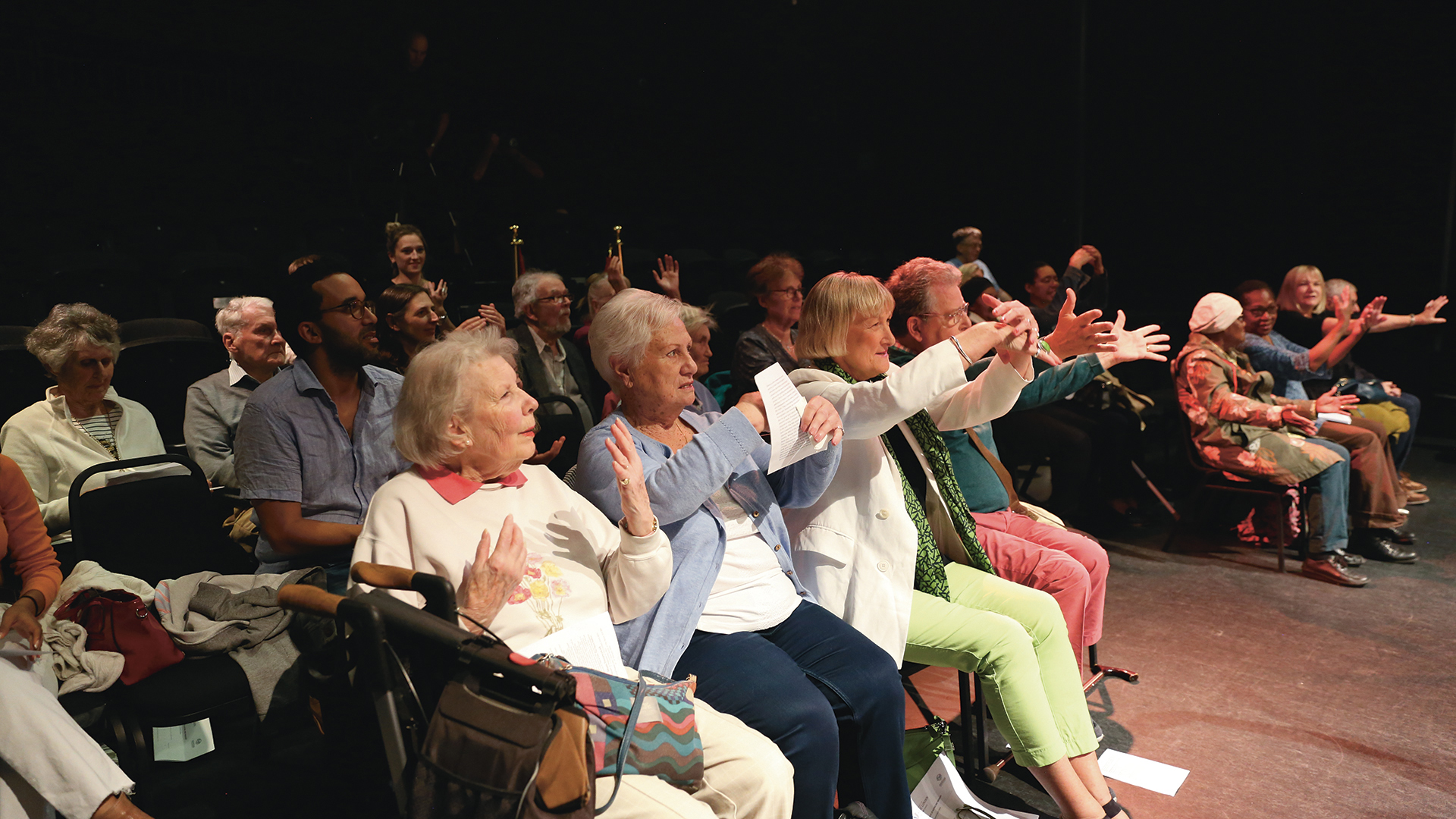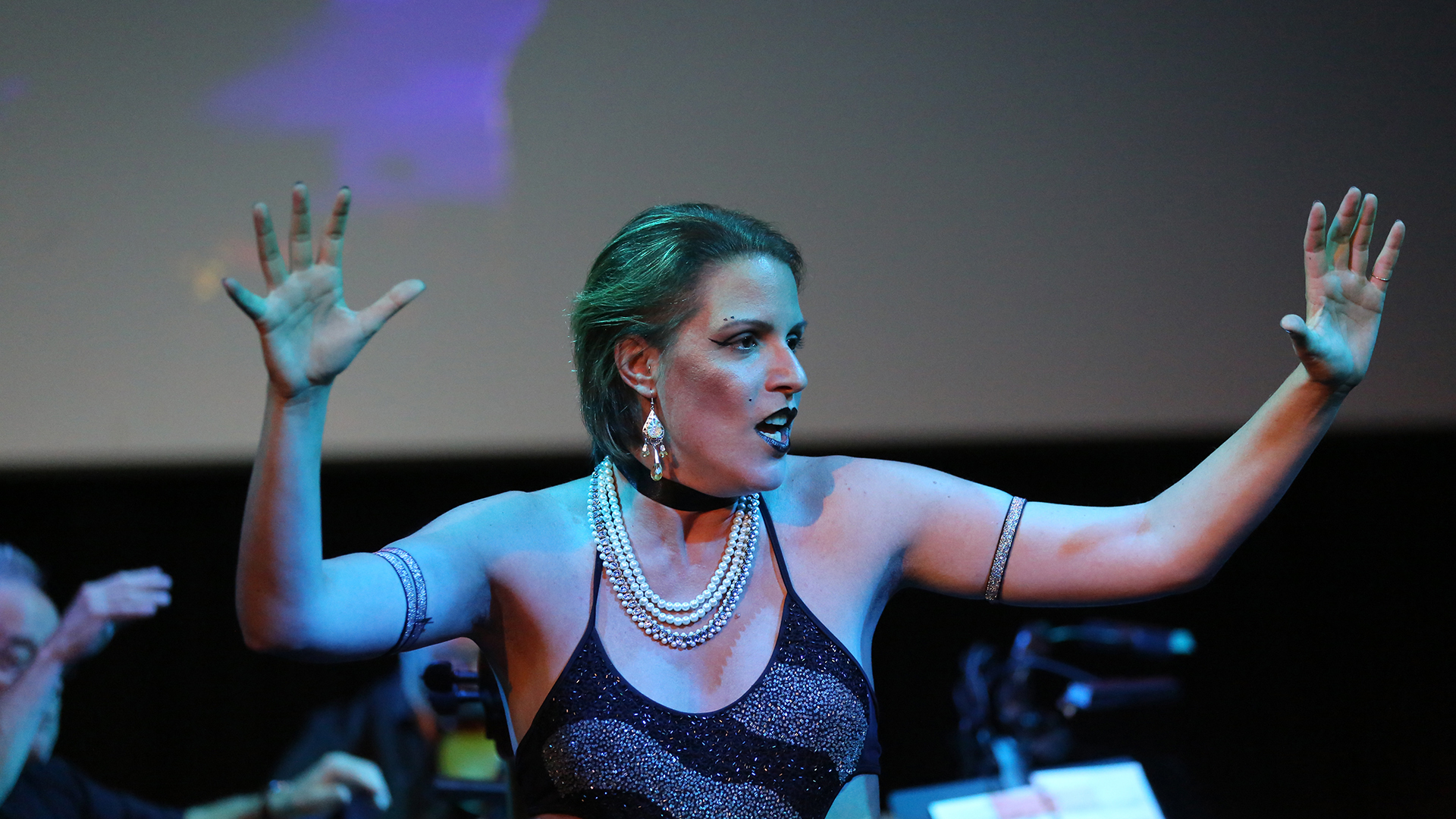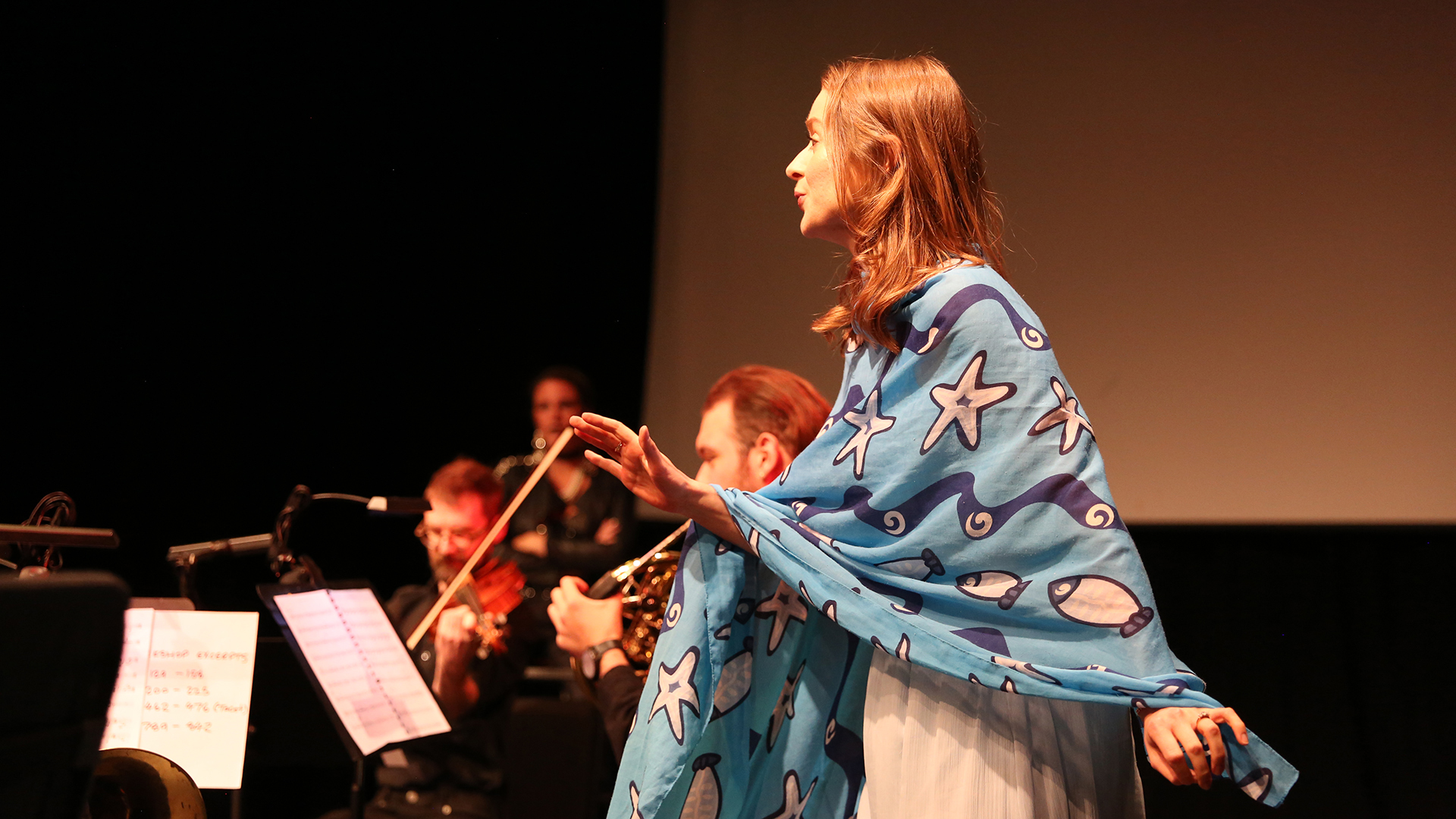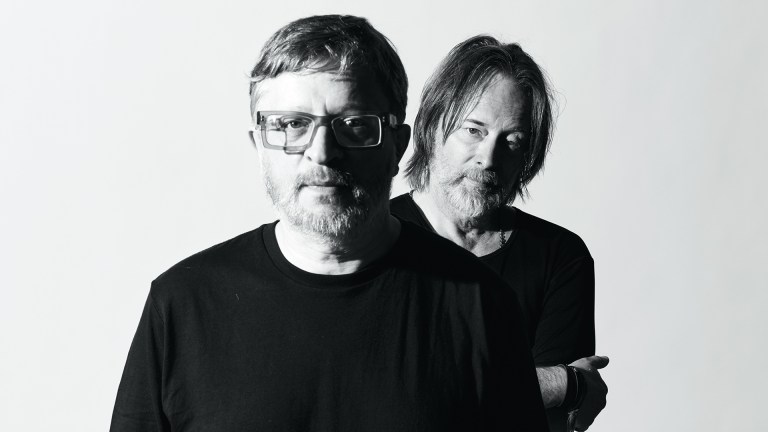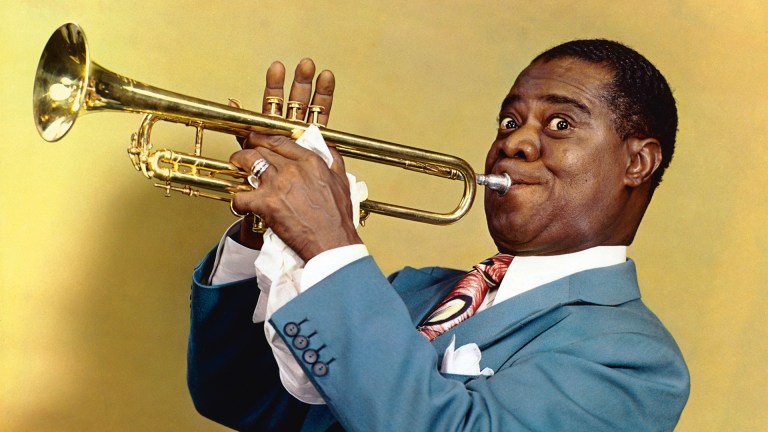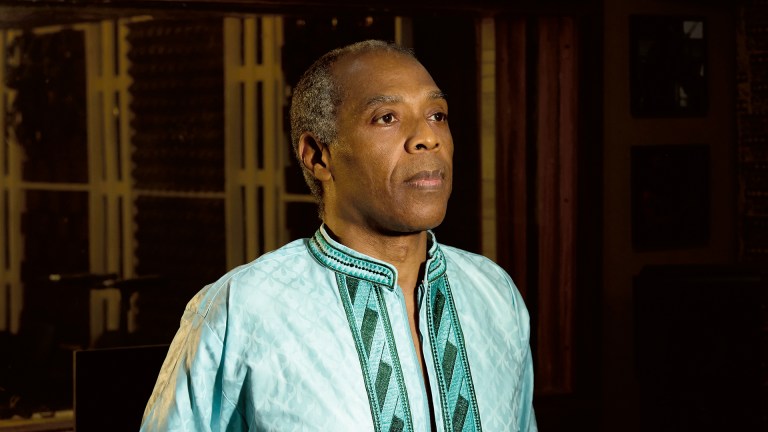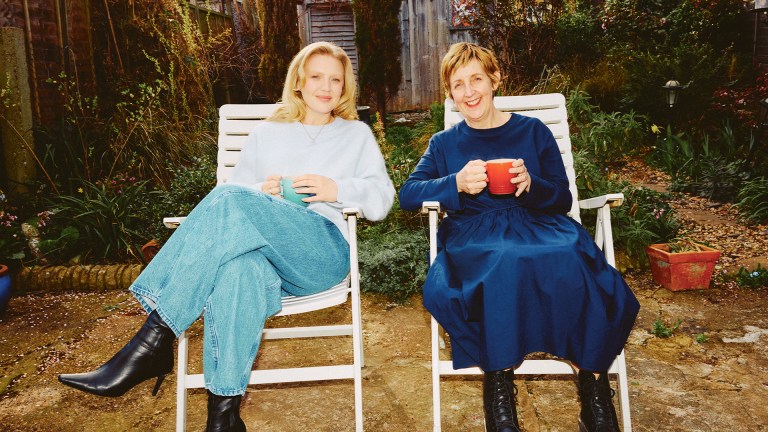A visit to the theatre is an occasion for escapism for all of us, which is why it’s especially important to make the arts accessible to as many people as possible. Many venues now offer relaxed performances, whether they are for parents of young children or neurodiverse audiences.
The Geller Institute of Ageing and Memory at the University of West London, in collaboration with the London College of Music, recently staged a free, dementia-friendly production of brand-new opera The Last Siren at Lawrence Hall. Performed ahead of its world premiere at the Tête à Tête festival in London, this new, modern opera takes a fresh look at the Greek myth from Homer’s Odyssey.
Get the latest news and insight into how the Big Issue magazine is made by signing up for the Inside Big Issue newsletter
A driving force behind the vision of Geller Institute of Ageing and Memory is to explore ways that people with dementia, and their loved ones, can have more opportunities to enjoy new experiences and to be able to continue to engage with their communities.
Research tells us that the arts provide a fantastic vehicle to do this. Dementia-friendly opera was conceived as a way to make the arts more inclusive while providing an authentic theatrical experience, in line with our ethos that people living with dementia should not only live longer lives, but fun and fulfilled ones.
The opera itself was created by The Music Troupe, run by composer Edward Lambert, who is constantly seeking ways to bring opera to new venues and new audiences. “Talk about opera usually concerns a small body of work by composers of the past,” says Lambert. “I wanted to show how the repertory can be renewed with contemporary works that are economic to produce and practical to move around.”
